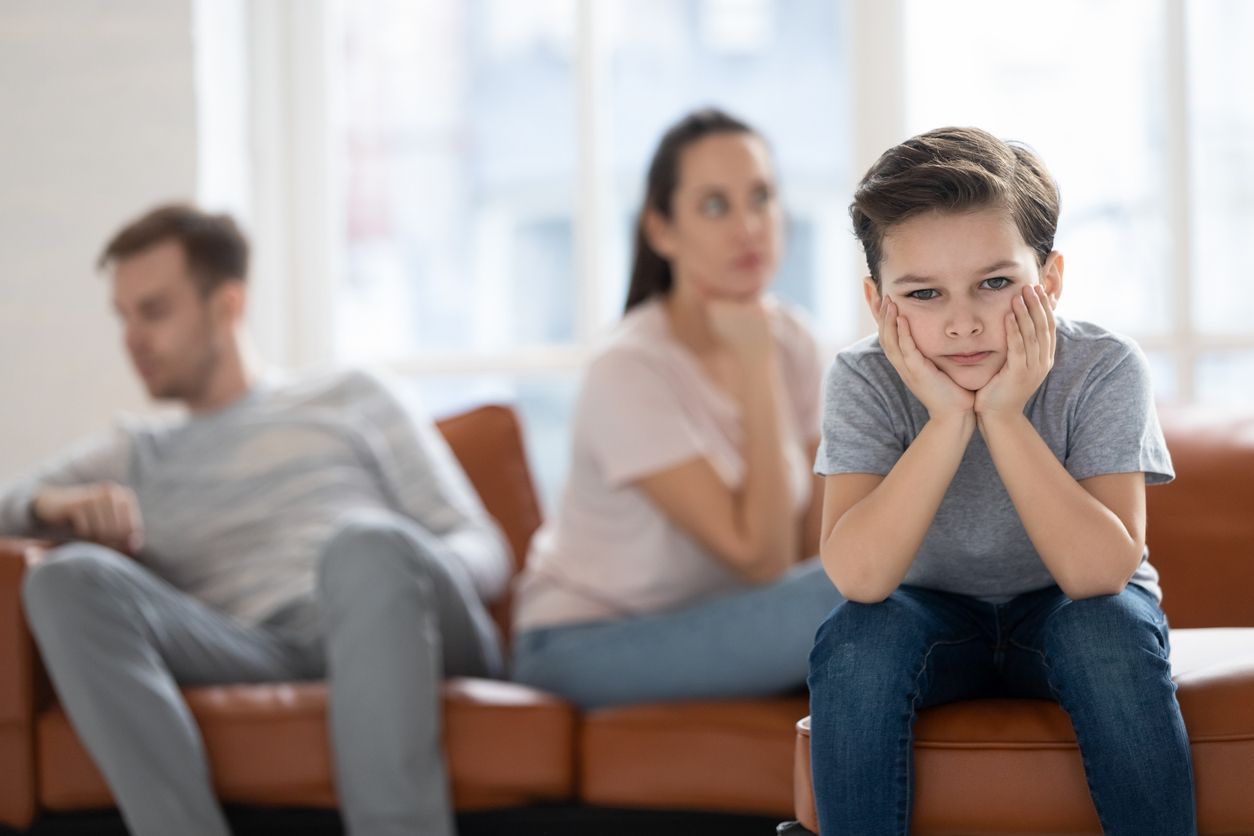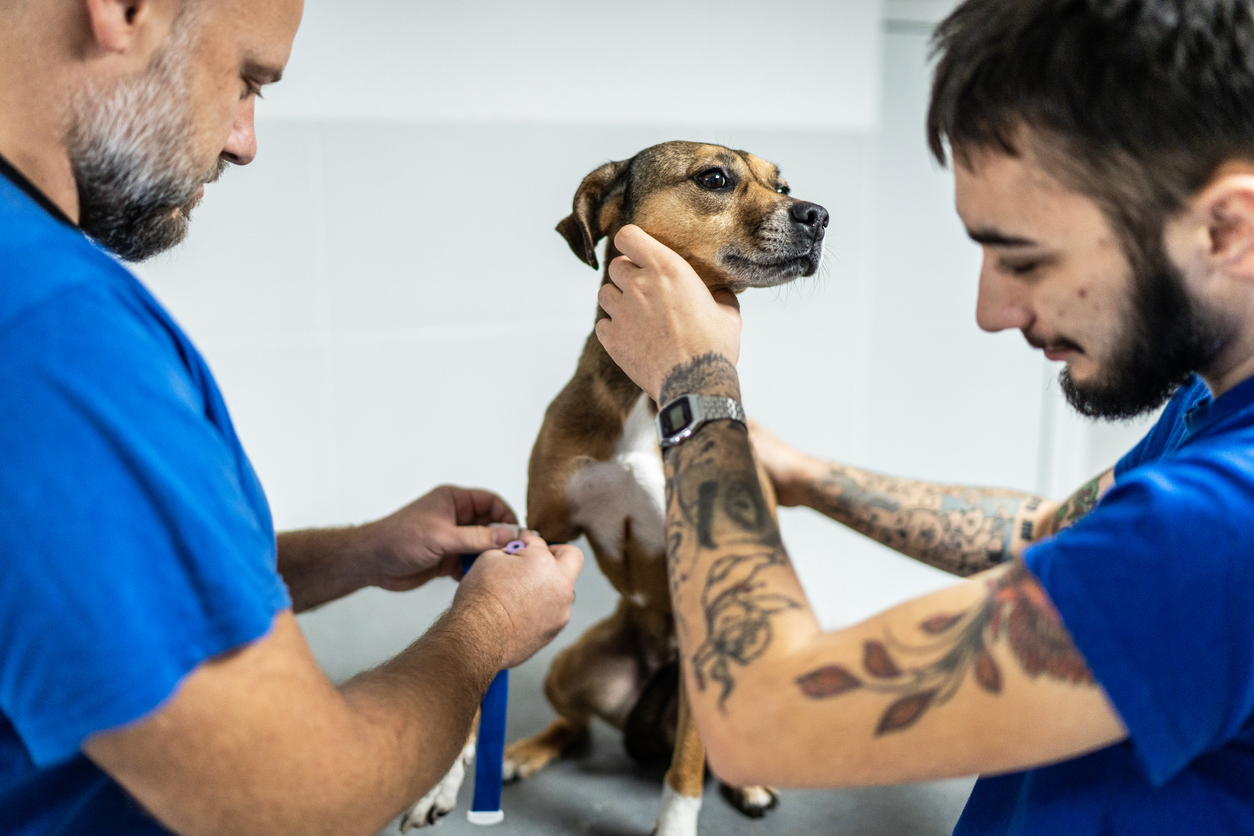We're now taking appointments
To book an appointment, please send us a message in the link below.
You can also call our clinic directly at:
Saying Our Final Goodbyes
How can we model for our children healthy ways to deal with their feelings of grief after a loved one dies?
Dr. Nate Balfanz, founder of Dr. Nate Psych
It’s safe to say that nearly every one of us has experienced the death of someone we love, whether it be a family member, a friend, a pet, or someone else we hold dear to our hearts. And yet, despite this universally shared experience of death that we all go through, discussions about death and the grieving process remain largely taboo in the vast majority of societies around the world today. Time and again, I have met with children who have suffered the death of someone they love and often felt alone in processing their grief, perhaps because the otherwise supportive adults in their lives did not know what to say, how to say it, or they were too stricken with their own grief about who died that there was not enough in their emotional reservoir to help the children manage theirs. As a result of the inevitably strong feelings that death will conjure up, coupled with a lack of a proper outlet to express those strong feelings, oftentimes children will either withdraw from the world around them, or they will choose to act out in ways that cause significant disruptions both in their own lives and the lives of those around them.
What the Experts Say
"For children, most of their energy is consumed with trying to understand what happened to the person who died. It takes time and a lot of explanation for them to eventually come to that understanding that they need to then go on to process their emotions,"
states Lauren Schneider, LCSW, Clinical Director of Child and Adolescent Programs at Our House Grief Support Center of Los Angeles, CA. It becomes the role of parents, counselors, and other supportive adults in a child’s life to provide a safe and welcoming space for that child to experience the variety of emotions and behavioral reactions that come as a result of grieving the death of someone they love. Experts stress the importance of providing regular opportunities for the child to express their grief-related feelings, serving as healthy role models in processing grief and sharing their own feelings about the loved one who has died, and most importantly recognizing that grief is a lifelong process and not something that a child is to simply “get over.” The more that we as adults can demonstrate to our children how to talk about death and how we feel when someone we love has died, the more likely our children will be able to manage the experience and gradually return to a healthier level of daily functioning.
Talking Tips for Helping Our Children Grieve

(Adapted from OUR HOUSE Grief Support Center, 2016)
Recent Articles



